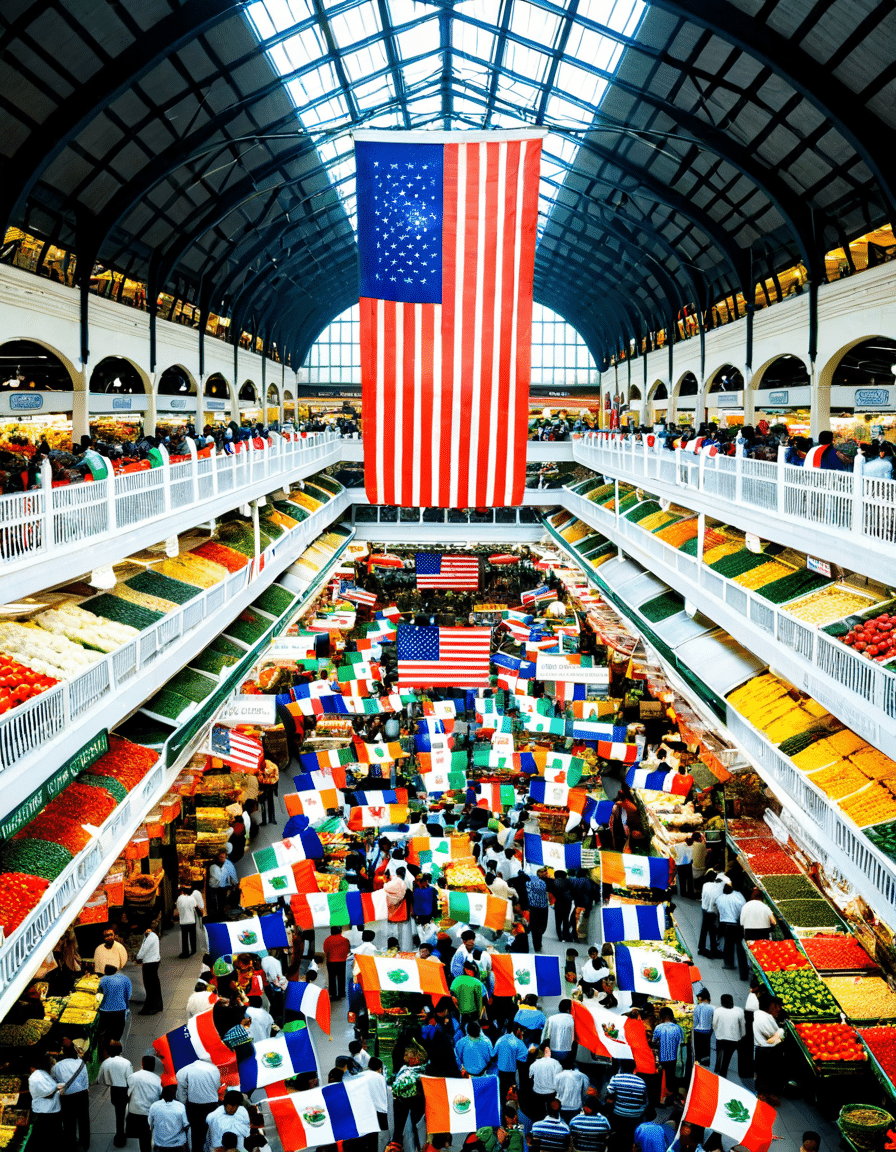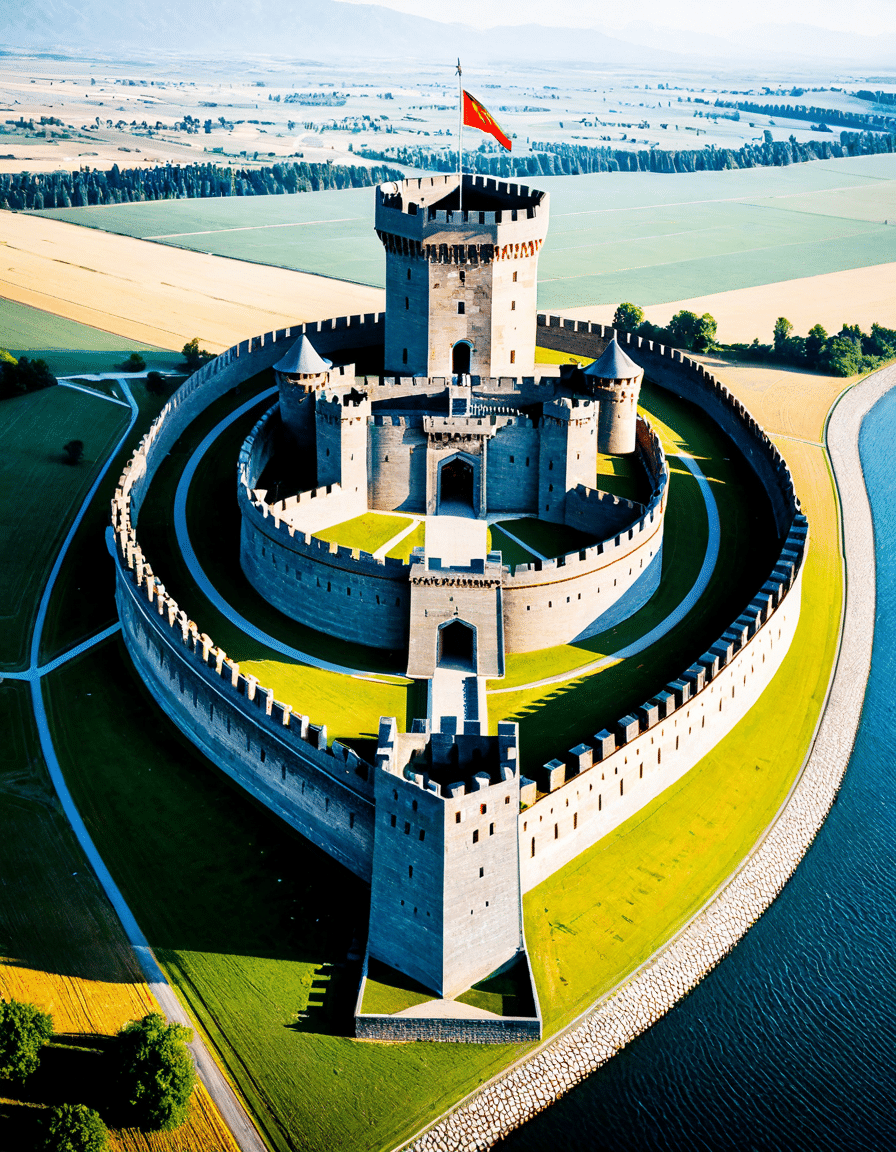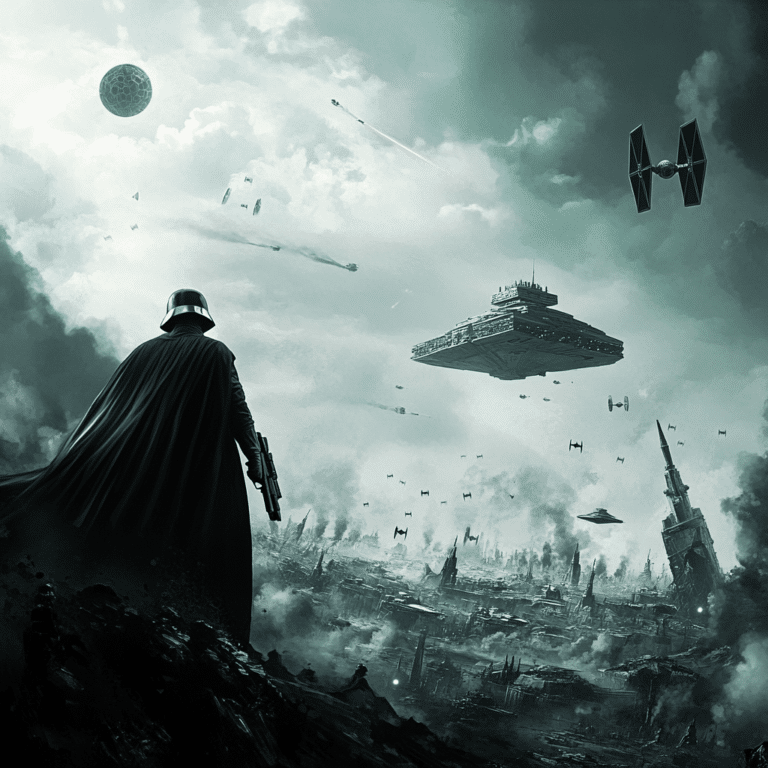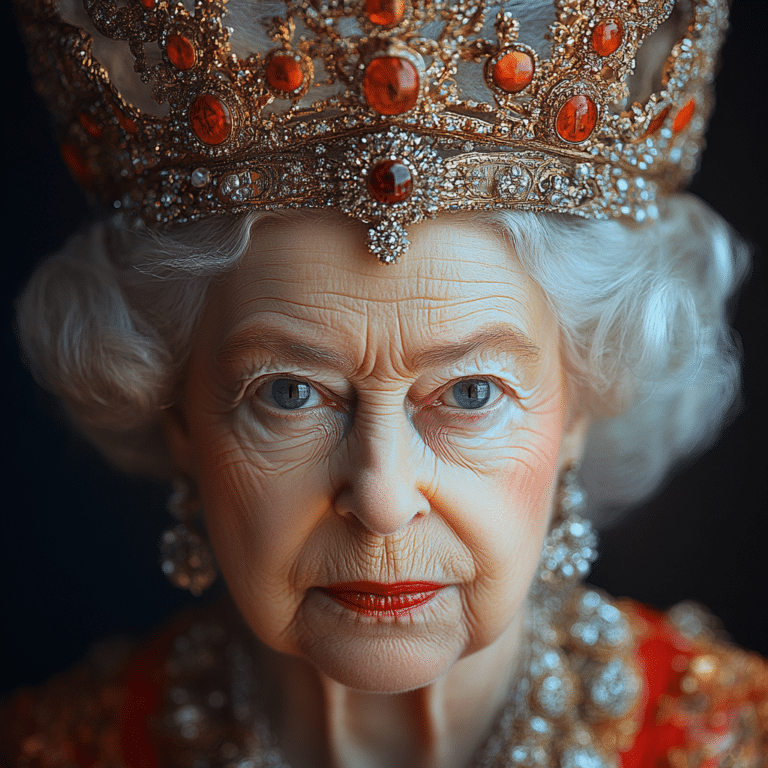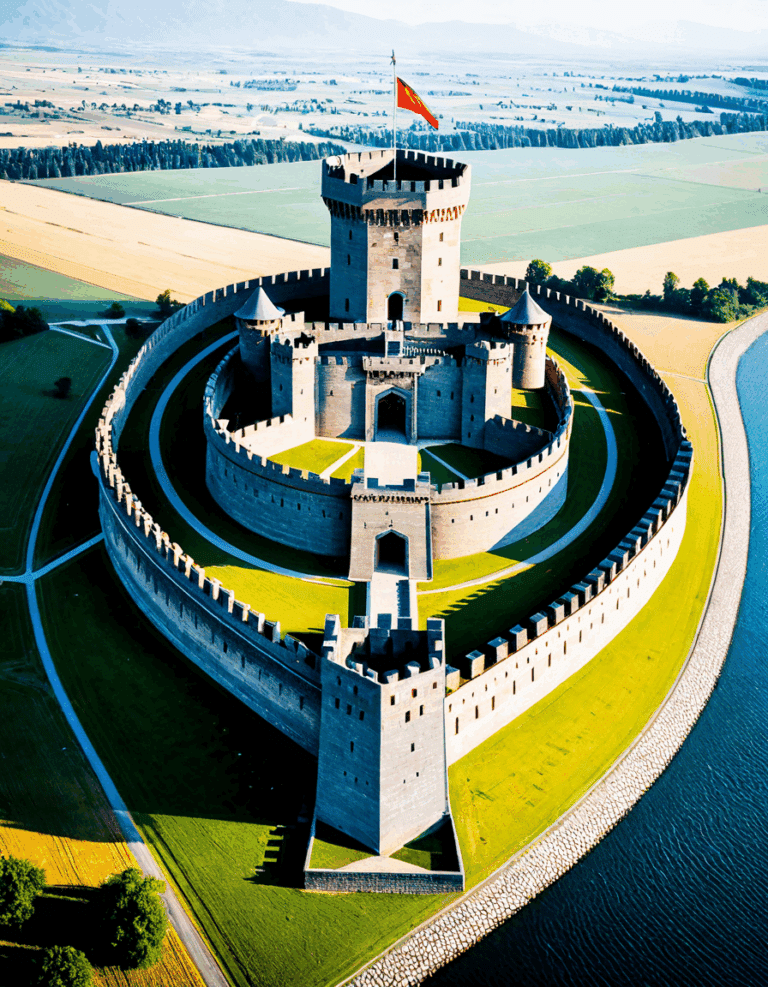In the grand dance of global politics, the nation state is still the guiding force, asserting its authority more than ever. Although we see super-national organizations and the grip of globalization tightening, the nation state continues to carve out its place in this intricate puzzle. It’s adapting to the new challenges thrown its way by technology, non-state actors, and the pressing issues of climate change. This article digs into how the traditional notion of sovereignty is being put to the test as the world spins further into complexity.
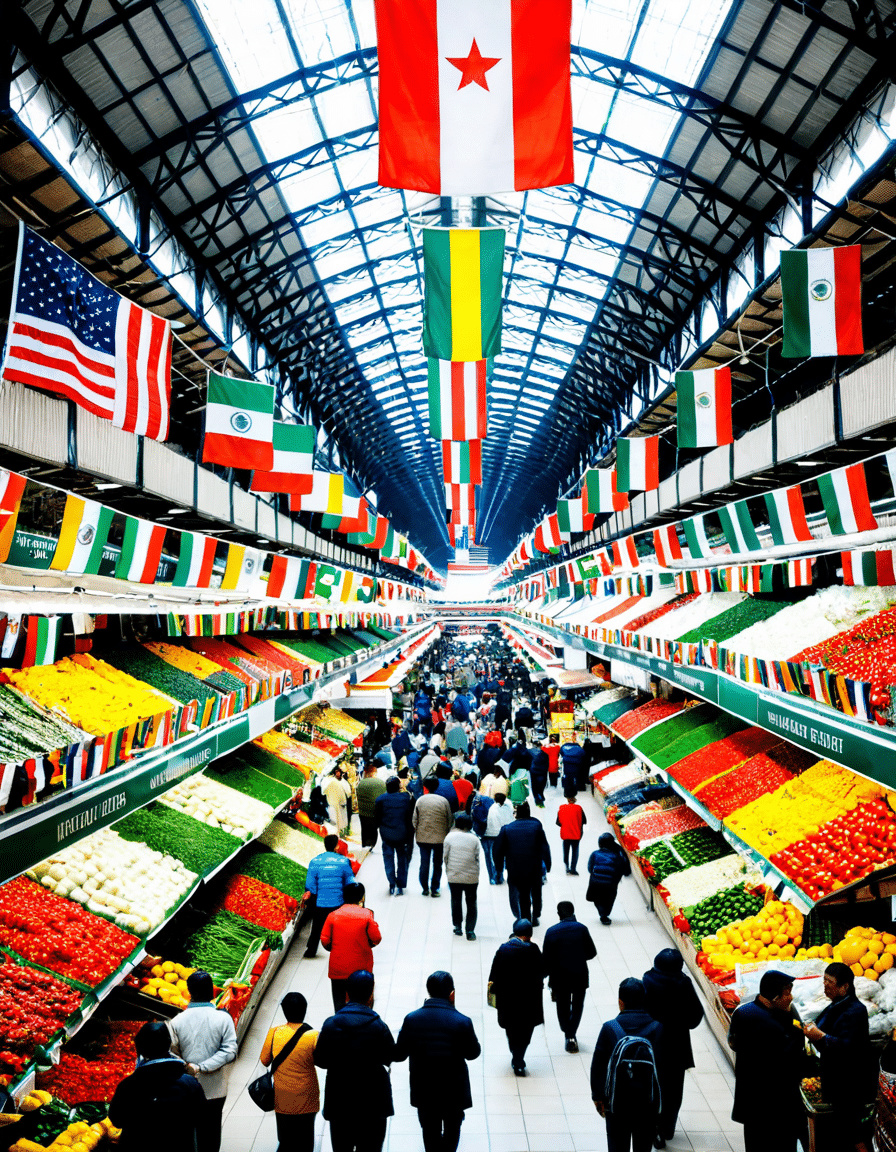
The Evolving Role of the Nation State in Today’s World Order
Believe it or not, amidst the turmoil and chatter about globalism, the nation state is not folding—it’s revamping itself. With technological innovations like the internet shaping societies, countries are finding fresh avenues to assert their sovereignty. The rise of non-state actors, such as corporations and NGOs, challenges the nation state’s control but also pushes it to refine its strategies.
For instance, take the impediments posed by climate change. Governments across the globe must juggle international demands for action while addressing domestic expectations for economic growth. Like never before, the nation state faces pressures from global phenomena that can intertwine or clash with national interests. Should they lean toward a more isolationalist approach or embrace global cooperation? Just look at the COVID-19 pandemic: nation states utilized their sovereignty effectively to impose travel bans and health mandates while also engaging in international collaborations for vaccine distribution.
Another crucial point to note is that the concept of national sovereignty is now more intricate than each country operating independently. Countries must balance their national interests against an increasingly connected world. From the economic influence of multinational corporations to the turf wars over information in the digital age, our nation states are learning to play a high-stakes game on a global chessboard.
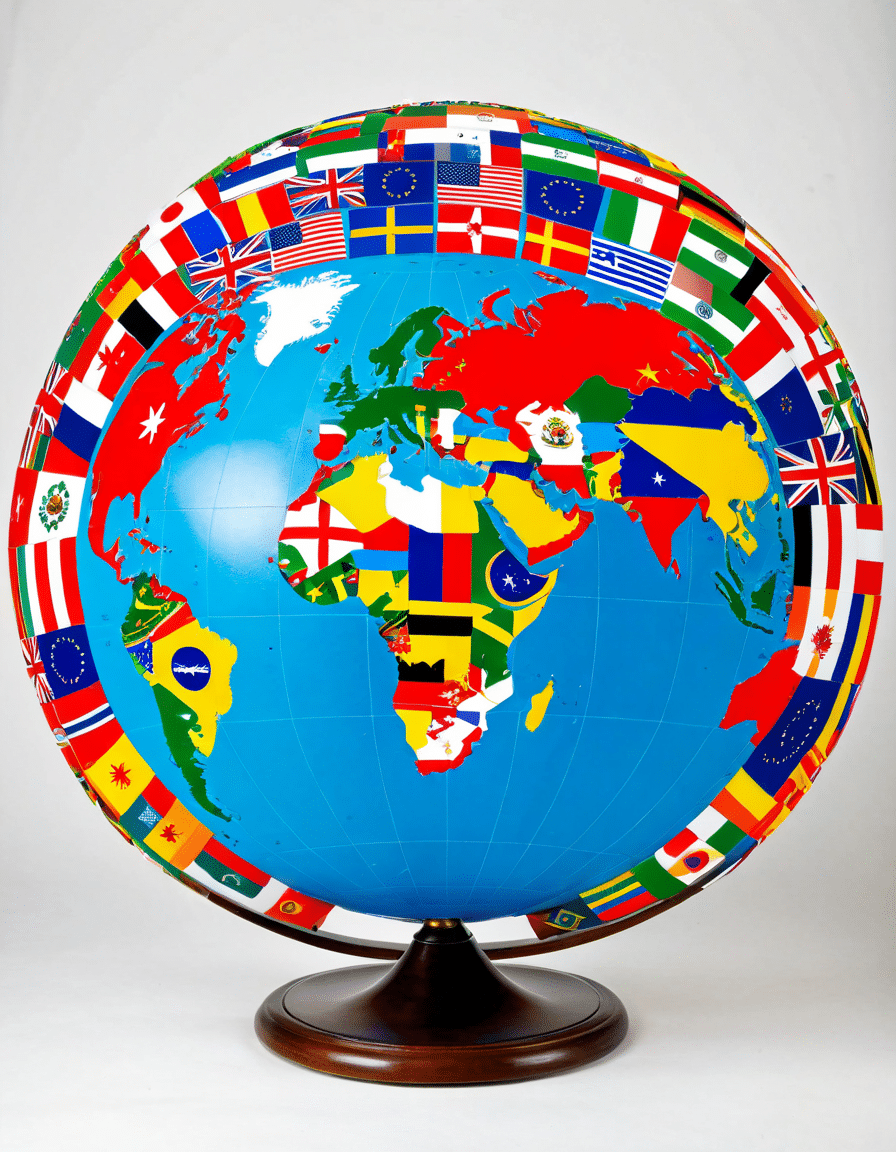
Top 7 Examples of Nation State Influence on Global Diplomatic Relations
The U.S. plays a vital role in asserting the ideals of liberal democracy abroad. Through initiatives like the Global Democracy Fund, it influences global diplomatic norms while employing a weapons-grade array of foreign policies. Whether it’s imposing economic sanctions on rogue states like Venezuela or buttressing alliances through NATO, America’s efforts reflect how the nation state can still shape international politics.
Now, let’s shift gears to China, where the nation state has mastered the art of assertiveness through its Belt and Road Initiative. This multi-trillion-dollar program isn’t just about economic development; it builds a web of influence that promotes authoritative governance models at the expense of liberal democratic ideals. Countries across Asia and Africa find themselves increasingly tied to China, raising eyebrows and fears in Washington and beyond.
Then, there’s Russia—a case study on the modern exercise of national power. Its actions in Ukraine show how hybrid warfare—blending military force with cyber manipulation and misinformation—redefines the nation state’s influence. By operating in this gray zone, Russia is not just compromising Ukraine but reshaping our understanding of sovereignty itself.
Hopping over to India, this nation state is not just sitting idly by. With strategies like the Act East Policy and active participation in regional alliances like the Quad, India has proven itself as a regional titan aiming to counter China’s aggressive posture. Its diplomatic maneuvers reflect a vibrant mix of aspirations for growth while safeguarding its national identity.
Although it might seem like a unified entity, the European Union remains rooted in its collection of nation states. The saga of Brexit highlighted this, demonstrating the tension between individual national sovereignty and the bloc’s collective policies. Countries struggle to maintain their identities while navigating fixed regulations that transcend their borders.
Facing heavy sanctions and regional hostilities, Iran epitomizes the struggles of a nation state in a tumultuous landscape. Its use of proxy warfare in Syria underscores its resilience and adaptability, demonstrating how even in adversity, a nation state can implement strategies that reshape broader geopolitics.
Ending on a high note with Brazil, this nation state is perched at the crossroads of environmental policy and economic interests. The challenge of preserving the Amazon rainforest while driving economic development showcases the evolving responsibilities that nation states face in tackling global issues—no easy feat, especially amidst the global calls for climate action.
The Interplay Between Nation States and Global Challenges
As the nation state asserts its influence, we can’t ignore the impact of transnational challenges. Issues like terrorism, migration, and climate change create a delicate balancing act for countries. The interplay between state sovereignty and global pressures demands that nations respond in coordinated manners, all while holding their national interests close.
Take, for example, the increasing rate of migration across the globe. Countries are trying to uphold their sovereignty while simultaneously facing humanitarian responsibilities. The world saw this during the Syrian refugee crisis, where many Western nations grappled with how to handle inflows of humanitarian migrants without compromising their security and cultural fabric.
With the recent advancements in digital threats, nation states find themselves bolstering cyber capabilities, creating an entire new battlefield where sovereignty is challenged daily. The smart states are not just reacting; they’re strategizing to ensure their national interests prevail even when battling against global pressures.
National Identity and Global Citizenship: A New Paradigm
As we move forward, it’s essential to understand that nationalism and global citizenship are not mutually exclusive, even in the face of rising populism. Nations like Canada have taken steps toward embracing multiculturalism while also honoring national identity. This blend generates important dialogue about loyalty and civic responsibility amid a fractious political climate.
Here’s a thought: do we have to choose between our nation and our global community? As the nation state navigates this delicate balance, we discover that civic nationalism can foster inclusivity without erasing individual national identities. Central to this narrative is the need for a united voice in a polarized world, where the complexities of identity arise.
Rethinking the Future of Nation States
Looking ahead, the future of nation states hinges upon their ability to evolve. Organizations like corporate giants and activist groups are gaining traction, and it’s crucial for nation states to respond effectively to this changing landscape to preserve their authority. Balancing control over national matters while recognizing our shared global dependency will be the name of the game.
As we witness the complexities surrounding governance in the 21st century, understanding that nation states are more than just passive players becomes apparent. They actively shape the unfolding political saga on a global scale. With national sovereignty intermingling with accountability to global imperatives, the future presents an intricate web of challenges and opportunities.
In conclusion, the profound impact of nation states on global politics is far from a phase we’ll quickly forget; it’s an evolving story that invites us to rethink what sovereignty means in increasingly intertwined contexts. Our task is to observe, engage, and participate, for a well-informed citizenry can assist in guiding their nation state toward a future that respects traditional values without shunning the undeniable ties that bind us all.
For fellow conservatives, this narrative strengthens our commitment to preserving our nation’s sovereignty while engaging constructively on the global stage—ensuring that as we forge into the future, we remain steadfast in our beliefs and traditions, while navigating the complexities of global politics with wisdom and grace.
Exploring the Nation State’s Role in Global Politics
The Foundation of Nation States
Ever wonder what really sparked the birth of nation states? The concept emerged around the Treaty of Westphalia in 1648, which ended the Thirty Years’ War in Europe. This treaty established the idea of sovereign states, laying the groundwork for modern country governance. Since then, nations have evolved, shaping their own identities and pursuing unique paths. Interestingly, while we often think of nation states as political entities, they also extend into cultural realms—just like how Anne Marie johnson shows that the entertainment world can reflect national identity through storytelling and performance.
Emerging from this historical context, nation states influence global politics in profound ways. They harness the power to create policies, forge alliances, and engage in conflicts. But did you know that the nation state concept isn’t static? Change is in the air! With globalization and digital communication, traditional borders are blurred. This evolution draws comparisons to the fluid narrative of films, such as those featuring Raúl Esparza, where shifting identities challenge the status quo.
Culture and Nation State Dynamics
Nation states aren’t just about politics; they also intertwine with social and cultural landscapes. The competitive drive among nations often spills over into culture, with movies and music serving as expressions of national pride. Just like how Barry Williams dwts captures the essence of American pop culture through dancing, the arts play a significant role in how nation states project their image on the world stage.
Moreover, social media has become a new battleground for nation state identity. Posts, memes, and trends can ignite national conversations—think of the humorous videos of Snoffies that quickly go viral in various cultures. Through such lenses, we understand that nation states must adapt their narratives to fit the unpredictable digital age. This aspect proves that politics, culture, and identity continuously evolve, making the study of nation states both fascinating and vital.
Bridging Global Issues with Nation States
Today, nation states face a myriad of challenges that impact global stability, whether it’s climate change, humanitarian crises, or economic disparities. Cooperation among nations becomes crucial—much like the collaborative effort seen in films such as Fast 11, where every character’s unique skills are necessary for overcoming obstacles. As ethical dilemmas arise on the global stage, the nation state’s role transforms, demanding more collaboration than competition.
Take the recent Charlotte Sena update, highlighting how local decisions can resonate on a global scale. One incident can ignite debates and influence international relations. Ultimately, understanding the nation state’s evolution helps dissect modern politics and drives home the importance of unity in tackling global challenges. As we continue to explore this topic, it’s clear that the narrative of nation states isn’t dusting off historical books; it’s actively shaping our contemporary world.
